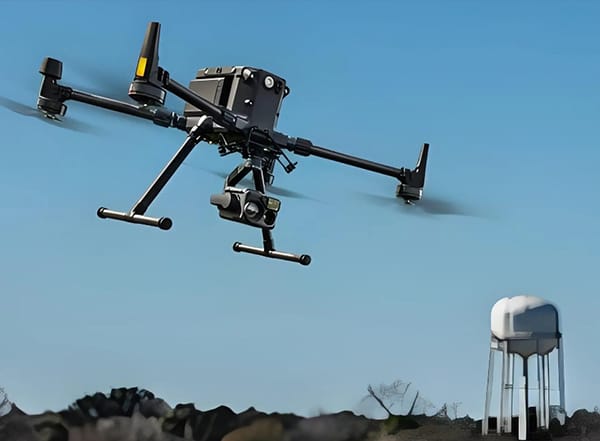
In the past few years, the misuse of drones has become a global concern. Unmanned aerial vehicles or UAVs have been used by many perpetrators for espionage, illegal surveillance, and smuggling, along with disrupting air traffic. Believe it or not, Thailand’s strategic location, along with its diverse economy makes the country a hot spot for industries that require state-of-the-art security measures. Many nations have switched to counter-drone technologies and Thailand should not fall behind. In fact, to help you get started with why drone defense solutions in Thailand are important, here’s our take on the subject matter.
Airports and Civil Aviation
Airports such as Suvarnabhumi and Don Mueang, are some of the busiest airports in Southeast Asia, and these are in Thailand. Drones flying in restricted airspace in or around these facilities can become a massive threat to aircraft and passenger safety. The need for an anti-drone system in Bangkok or in any of these areas is all the way more important because they can help prevent dangerous UAV intrusion that might disrupt flight operations or cause accidents, so aviation professionals can maintain uninterrupted air traffic.
Defense Bases and Border Security
Thailand shares borders with several countries, making its defense bases and border regions critical zones for national security. Drones have been used for espionage, surveillance, and even smuggling. To eliminate these incursions and prevent any national safety threats, authorized security personnel can use advanced counter-UAV systems, including drone detection radars and anti-drone guns, to prevent unauthorized aerial reconnaissance and smuggling operations along borders.
Ports and Power Plants
In addition to airports and borders, Thailand applies anti-drone technology at ports such as Laem Chabang and Bangkok Port to prevent smuggling, espionage, and disruptions to maritime operations. Power plants and energy facilities, including those in industrial hubs like Rayong, also rely on anti-drone systems to protect against potential sabotage or accidents caused by unauthorized UAVs. In addition, oil refiners and telecommunication towers should also be safeguarded with drone countermeasures because these are critical infrastructure points.
Tourism and Cultural Heritage Sites
With millions of tourists visiting annually, Thailand’s famous cultural landmarks, such as the Grand Palace in Bangkok and temples across Chiang Mai, need protection from drone-related disturbances. Drones don’t just invade the privacy of tourists they also compromise the structural integrity of heritage sites if they crash. In these areas of national significance, security personnel can deploy anti-drone measures to ensure a safe and undisturbed experience for tourists and preserve the nation’s cultural heritage.
Conclusion
We would say for places like Thailand, the need for anti-drone defense systems is not theoretical. There have been multiple incidents of drones flying near sensitive areas, which is why security personnel need to choose the right anti-drone supplier in Thailand to safeguard their airspace from rogue drones before they escalate into significant national security risks. Looking for top-of-the-line technologies like anti-drone guns or drone detection radar in Thailand? Find them on our website today.
